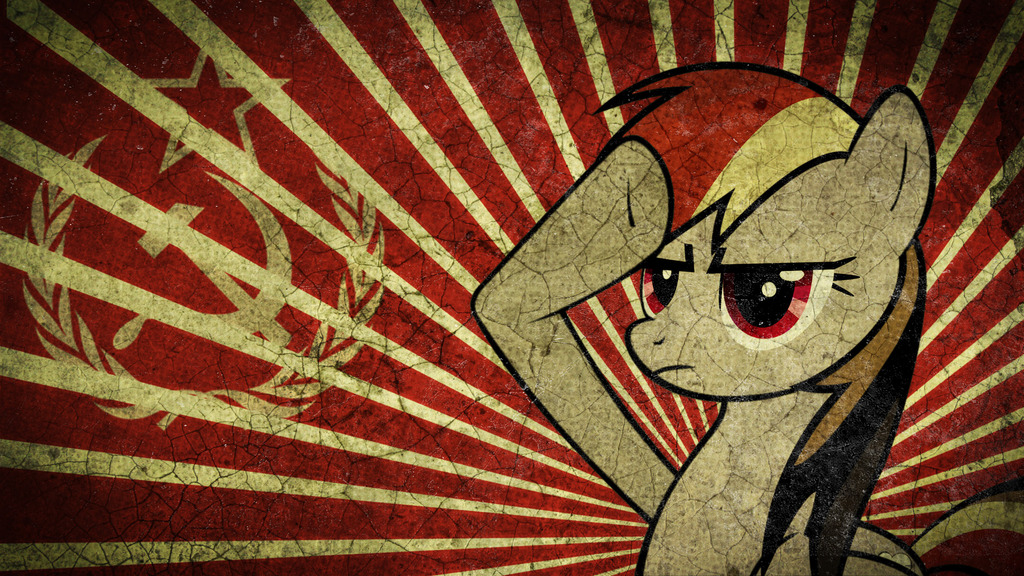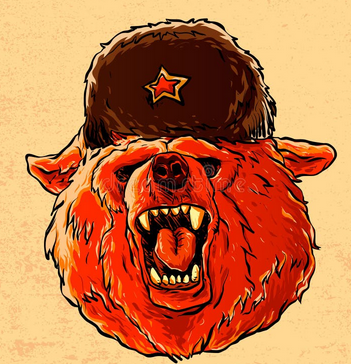Sequel to my previous post asking how the Anglosphere and Japan would be decolonized.
Whatever indigenous communities that still exist and hasn’t been assimilated into Latin culture must be protected and must be provided with education and services in their languages
They all exist btw, very few communities have been killed to extinction, many groups are mergers of survivors.
There are still Taino in Cuba and Haiti.
“Latin Culture” isn’t really a real thing either, those are settler cultures and most of the stocking of whiteness in those countries are recent (circa 1900) immigrants from central Europe, same as the US/CA and “Anglo culture”.
Latin and Anglo culture are going to be mostly dismantled where they are not useful (as current common languages).
The Indigenous populations in South America in particular are very large, the settler populations have been, up until very recently with cow farming, concentrated heavily in metro centers. Many times they are outnumbered.
Land Back first and foremost, the settler cities will have to accommodate into a society built around Indigenous sovereignty. (Accomodate is used here similarly to biology. Intrinsic traits vs Accomodative traits, i.e. if a dog has a small snout, the teeth and jaw stay small to accommodate the size of the snout)
I hope the model of the Plurinational State of Bolivia will spread.
I would recommend reading Aníbal Quijano as a starting point to find the answer to your question. But you could go back much further to the 1600s with the writings of “El Inca” Garcilaso, or you could move to more recent times with Alberto Acosta, Esperanza Martínez, and Mignolo. There are just so many though: Fernández Retamar, Galeano, Zapata Olivella, Mariátegui, etc. Even Cien años de soledad by García Márquez (What were the 100 years of silence? “Independence” from Spain and a question of identity in regards to the issue of la decolonialidad del ser.)
This is all to say that this question has been asked for a while. Yet it’s critical to continue asking it --just as you’re doing. It’s also fundamental to learn how it has been asked in the past. I would kindly suggest reading any of the works you study in the original language(s) as much as you can, so that you can be a part of a solution based around the concept of thinking with.
I know I didn’t answer your question directly, but I do hope it contributes some to the conversation.
I think this type of question is much too premature, we are strggling with how to create a persistent revolutionary organization in Latin America, and before we see the answer of that, trying to answer how said organization is gonna succeed is little more than guesswork, which is fine, if understood as that, imagining some possibility of future can be useful, but it should not be used as a map to be followed too closely for we don’t know for which type of vehicle we are charting the map yet.
The reason why Latin America was so threatening to the US is because so much share a similar culture and only two languages… Spanish and Portuguese (which are also very similar) and have the revolutionary vigor of heroes such as Comandante Fidel Castro and el Compañero Ernesto “Che” Guevara, then the new USSR will rise.






